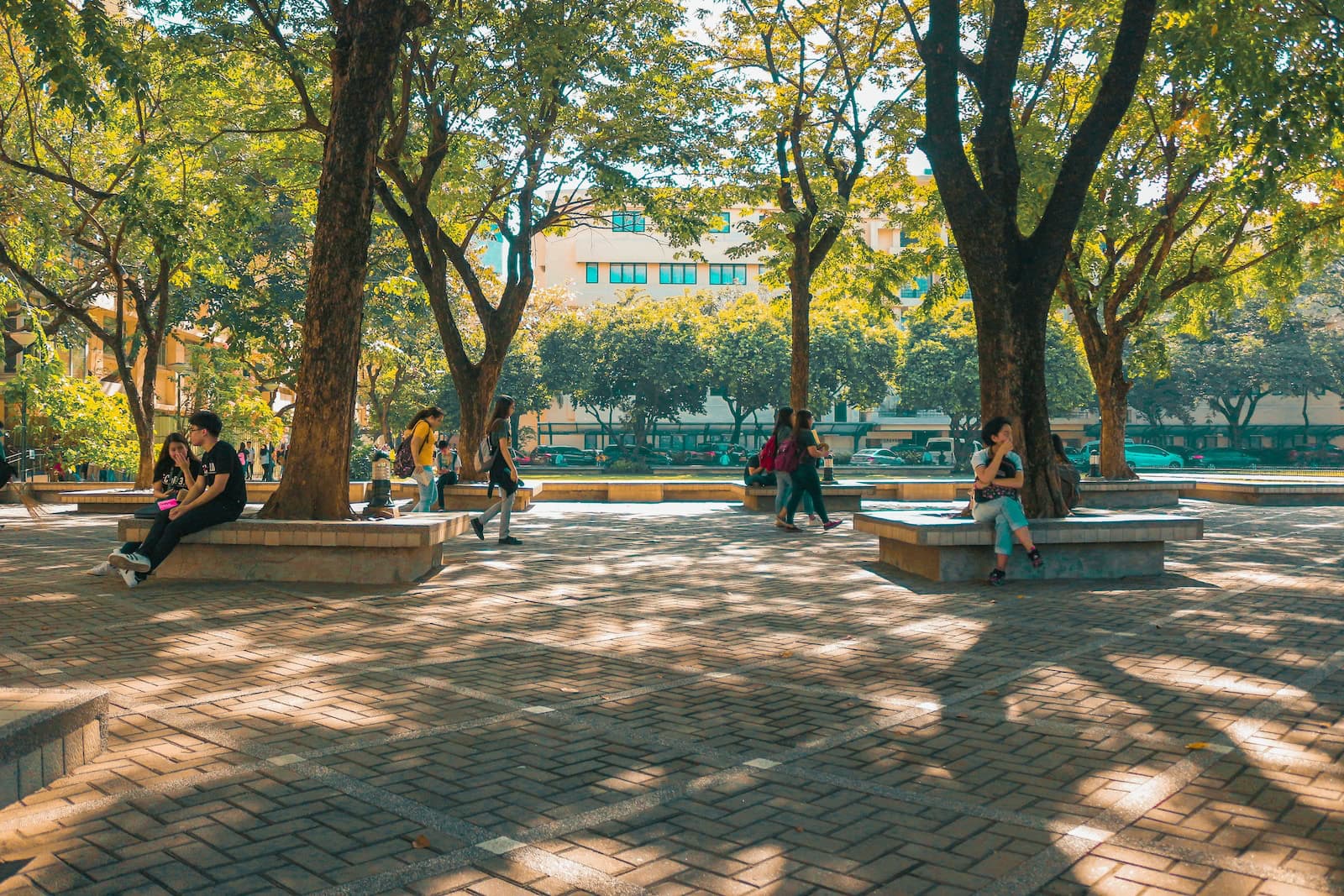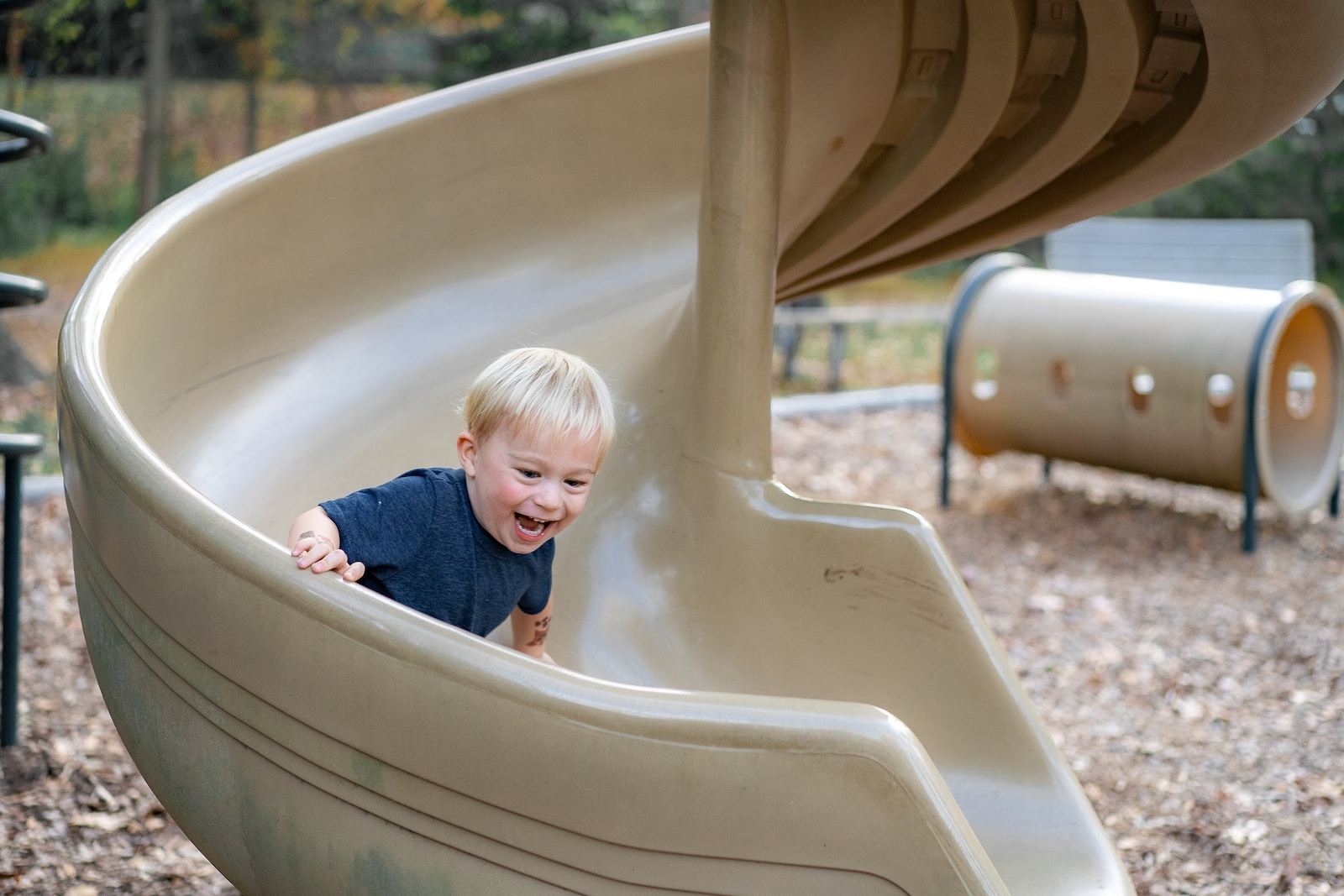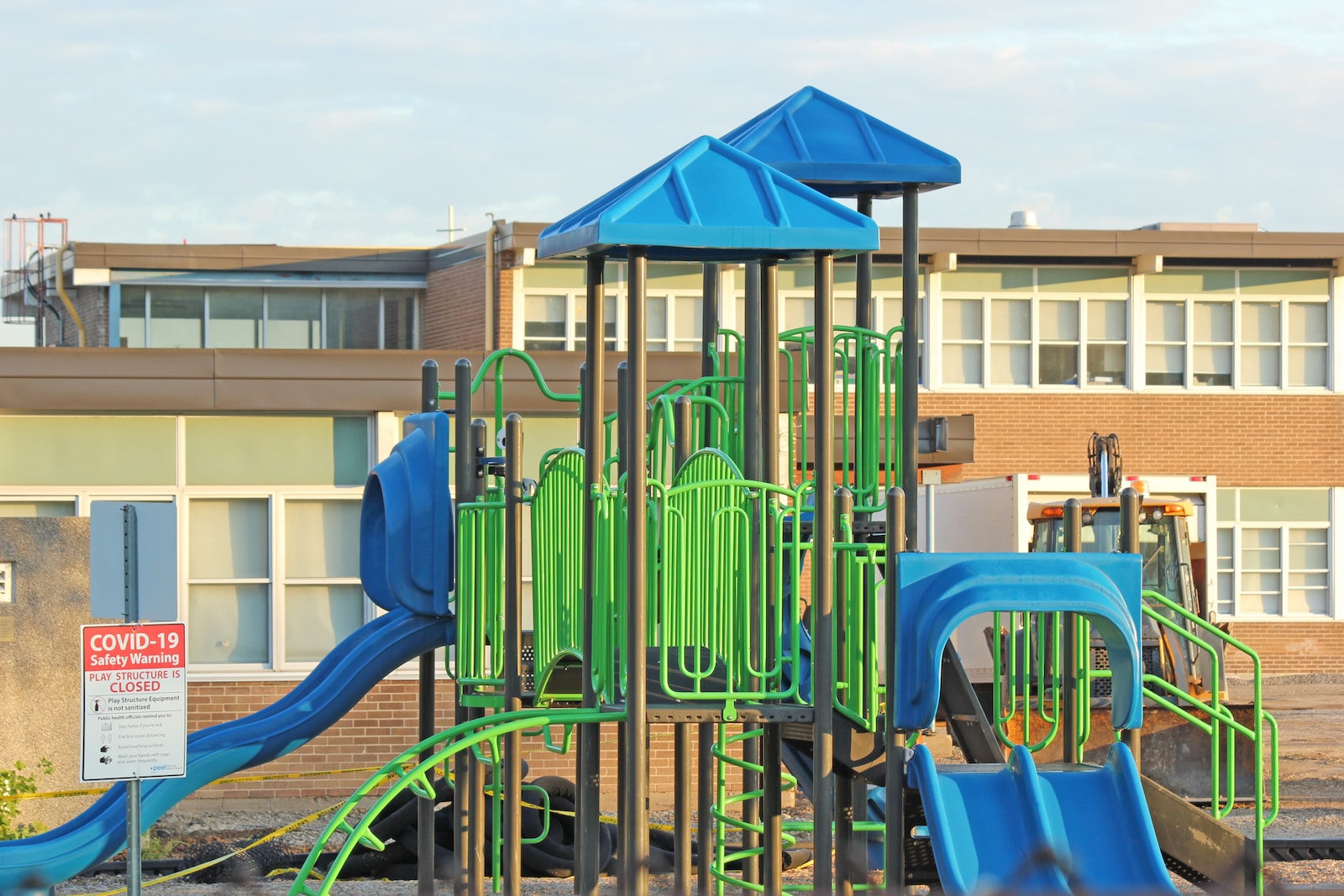Abstract
Purpose
Physical activity (PA) is an important factor contributing to general health. PA declines rapidly during tween years (9-12 years) when children’s social world changes. School playgrounds can contribute substantially to children’s PA, but little is known about how to motivate tweens to use school playgrounds. Using the three basic psychological needs (autonomy, competence, and relatedness) proposed by the Self-Determination Theory, this qualitative study aimed to investigate how school playgrounds can support tweens’ needs.
Methods
Tweens (n = 56) participated in focus group go-along interviews in their school playground.
Results
We found that tweens needed a variety of play possibilities (autonomy) that challenged their skills (competence) as well as areas to retract and be with friends (relatedness).
Conclusion
This research highlights the importance of incorporating tweens’ perspectives in playground design to attract and retain them in play and PA in school playgrounds.
Journal: International Journal of Qualitative Studies on Health and Well-being
Year: 2022



